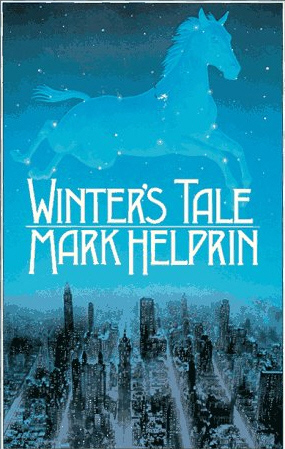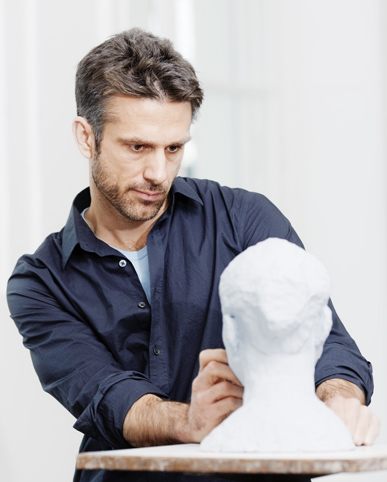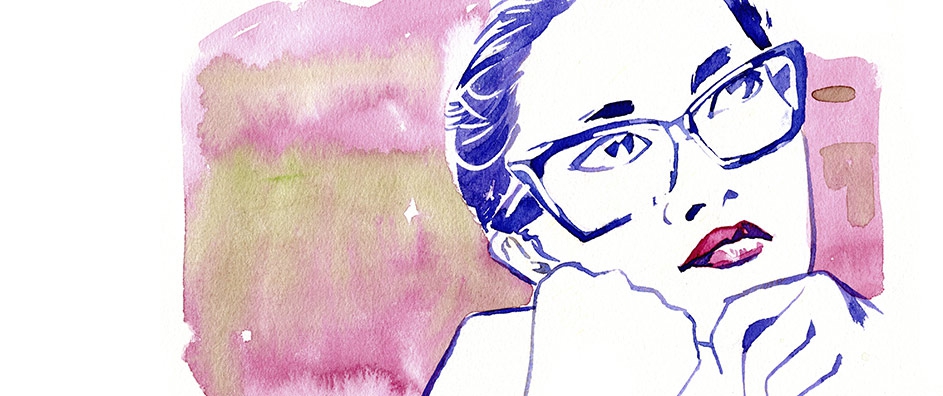The views expressed in our content reflect individual perspectives and do not represent the authoritative views of the Baha'i Faith.
Sing, Heavenly Muse…
I thence
Invoke thy aid to my adventurous song,
…what in me is dark
Illumine, what is low raise and support;
That, to the height of this great argument,
I may assert Eternal Providence,
And justify the ways of God to men.– Milton, Book 1, Paradise Lost
 The ancients believed that creative genius only came to the divinely inspired. Here the great writer Milton, in the famous opening lines of Paradise Lost, asks the Muse to inspire him so he can attain that station.
The ancients believed that creative genius only came to the divinely inspired. Here the great writer Milton, in the famous opening lines of Paradise Lost, asks the Muse to inspire him so he can attain that station.
The Romans attributed great, inspired creativity to beings they called ‘geniuses’ – disembodied spirits who assisted artists by inspiring their work. Today we attribute such genius to the artists themselves – but is that accurate? Don’t all artists access their inspiration from sources outside themselves?
Some years ago I interviewed a talented American novelist named Mark Helprin. He had just written a highly-acclaimed and award-winning novel titled Winter’s Tale (recently made into a movie) and I found the novel entrancing, inspiring and creative. When we sat down to talk I asked him about the inspiration for the novel, and he confessed that he thought its genesis had absolutely nothing to do with him. In fact, he seemed mystified by the process. He told me:
“I ate breakfast, kissed my wife and children and went down to my study every morning, where I wrote all day. The next day I would do the same thing, first reading over what I had written the day before. Every day I asked myself, truly baffled, ‘Who wrote this?’ I had no recollection of the characters or the setting or the plot – it all just came out, from an unknown place. It was like I had nothing to do with it.”
 Many people, especially those who work in inventive and artistic fields, have experienced that kind of essentially mysterious creative process. They recognize that a big part of our creativity means remaining open and receptive to unconscious or spiritual sources of inspiration.
Many people, especially those who work in inventive and artistic fields, have experienced that kind of essentially mysterious creative process. They recognize that a big part of our creativity means remaining open and receptive to unconscious or spiritual sources of inspiration.
When we practice regular meditative reflection, getting to know our inner emotional and spiritual landscape, we can clear the way and open the path for those outward sources.
If the artist serves as a conduit for the unspoken and unrealized yearnings of the wider culture, then the best thing any artist or creative person can do for themselves involves clearing the channel that allows their creative inspiration to flow:
Man is said to be the greatest representative of God, and he is the Book of Creation because all the mysteries of beings exist in him. If he comes under the shadow of the True Educator and is rightly trained, he becomes the essence of essences, the light of lights, the spirit of spirits; he becomes the center of the divine appearances, the source of spiritual qualities, the rising-place of heavenly lights, and the receptacle of divine inspirations. – Abdu’l-Baha, Baha’i World Faith, p. 332.
Everyone can do this. You don’t need a clergyman, a guru or a guide. You can easily train yourself. Nothing could be simpler, in fact. Just set aside a few minutes each day, and spend them quietly in contemplation. Repeat this regularly. Every day, give your soul what it yearns for – time to contemplate the mysteries of life.
Try to make your private, personal time of meditation and reflection a respite from the constant demands of this physical plane. Let yourself transcend the petty material concerns of the day. Focus your mind and your heart on the higher truths, the spiritual realities of life. Think deeply about the fact of your existence and its purpose. Allow yourself to unlock your mind, heart and soul, so inspiration can flourish.
If you do this with constancy; if you make it a spiritual practice, I promise you it will open the Book of Creation and let you read its mysteries.
















Comments
Sign in or create an account
Continue with Googleor